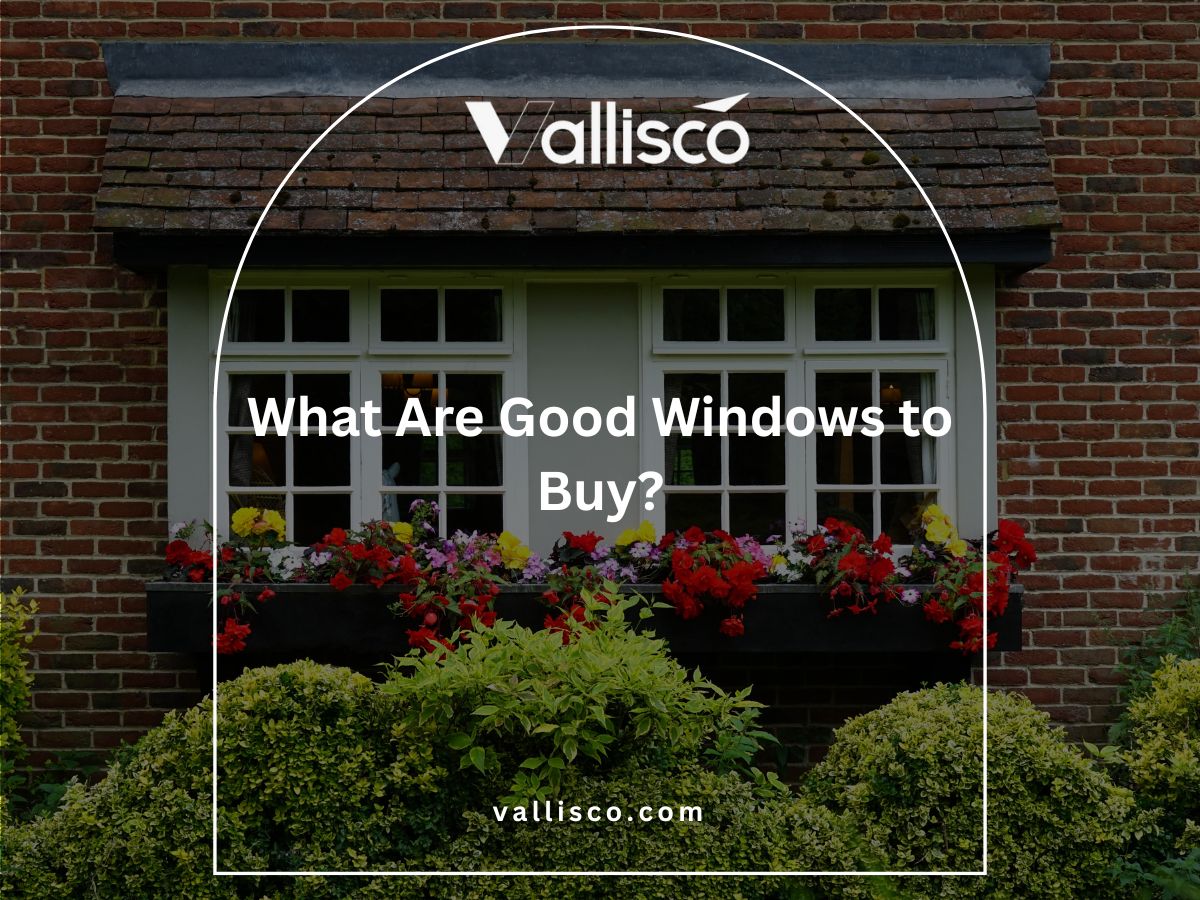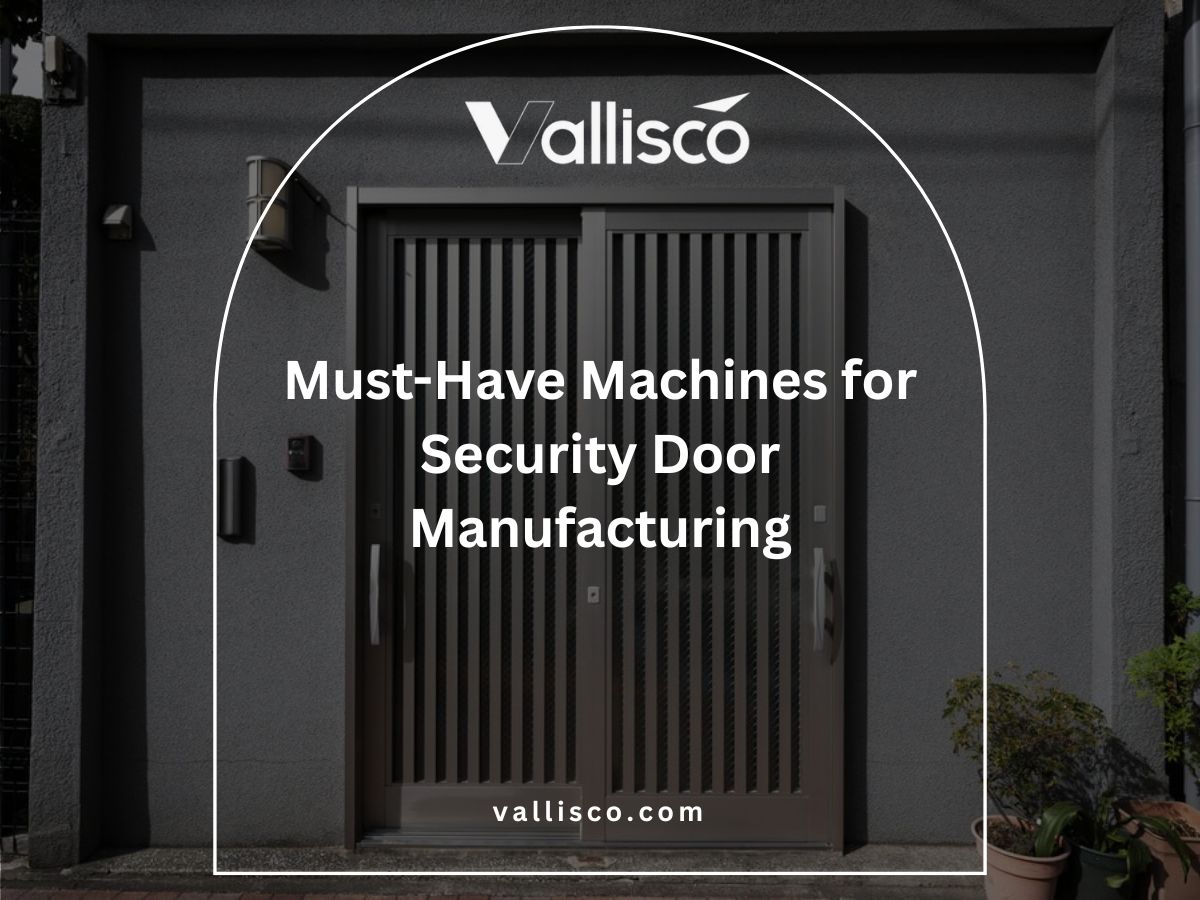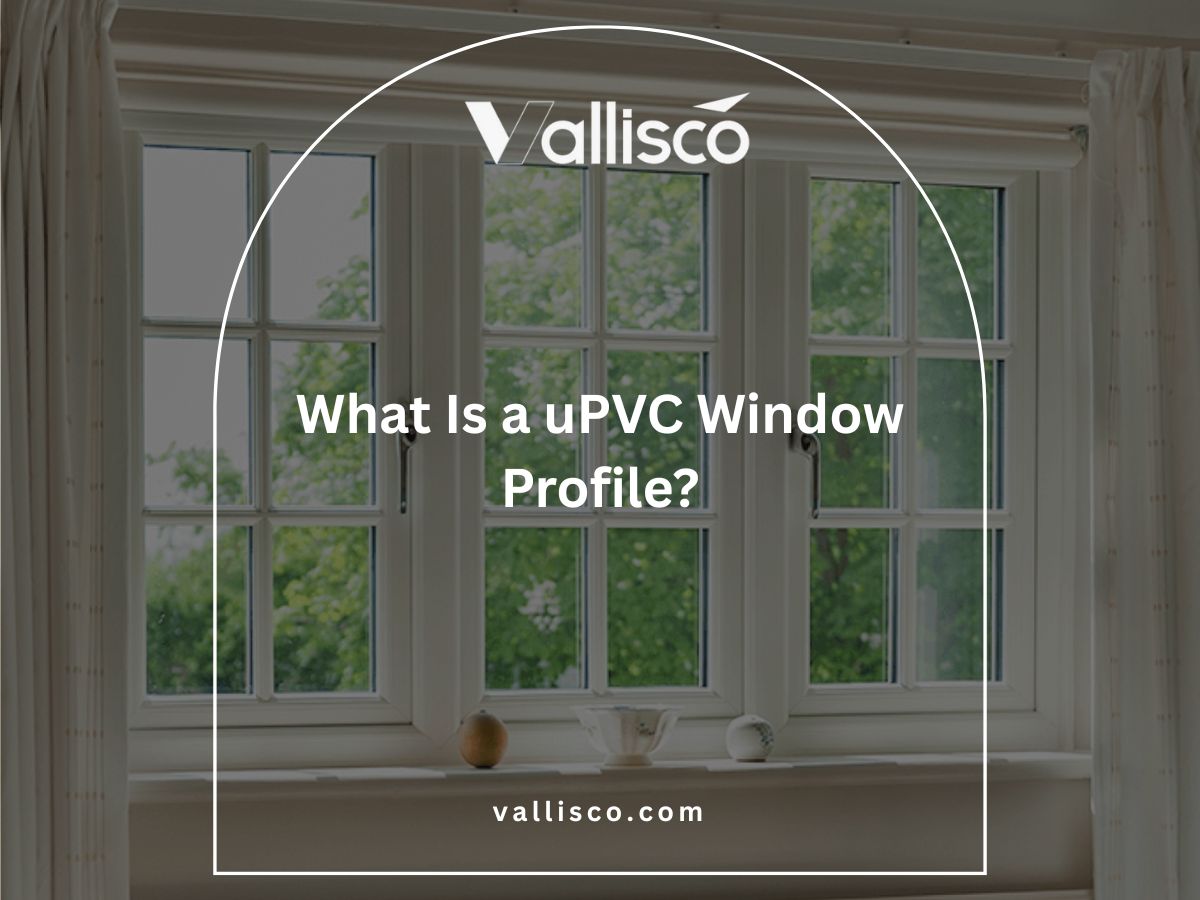A property manager once told me they installed a brand-new aluminum door for their facility, and it started warping within two months.
They had picked it from a catalog without realizing it wasn’t built for high humidity. That’s a common story we hear from clients who come to us after something goes wrong.
As a custom commercial door manufacturer, we’ve spent years designing doors that are built to match the real-world conditions they’ll face. Whether it’s temperature swings, heavy use, or code requirements.
We know what works, and more importantly, what doesn’t.
In this guide, we’ll walk you through everything you need to know about choosing, designing, and ordering the right custom commercial door.
You’ll see how to avoid common mistakes and make a confident, informed decision.
The right door does more than open and close, it protects your people, your property, and your brand.
So let’s get into it!
1. What Is a Custom Commercial Door?
A custom commercial door is exactly what it sounds like, a door designed and built to fit the specific needs of a business space. Unlike standard, off-the-shelf doors, these are tailored in size, material, design, and functionality to match the look and requirements of a particular building.
Whether it’s a sleek glass entryway for a retail store, a heavy-duty steel door for a warehouse, or something more unique, custom commercial doors are made to blend durability, security, and style.
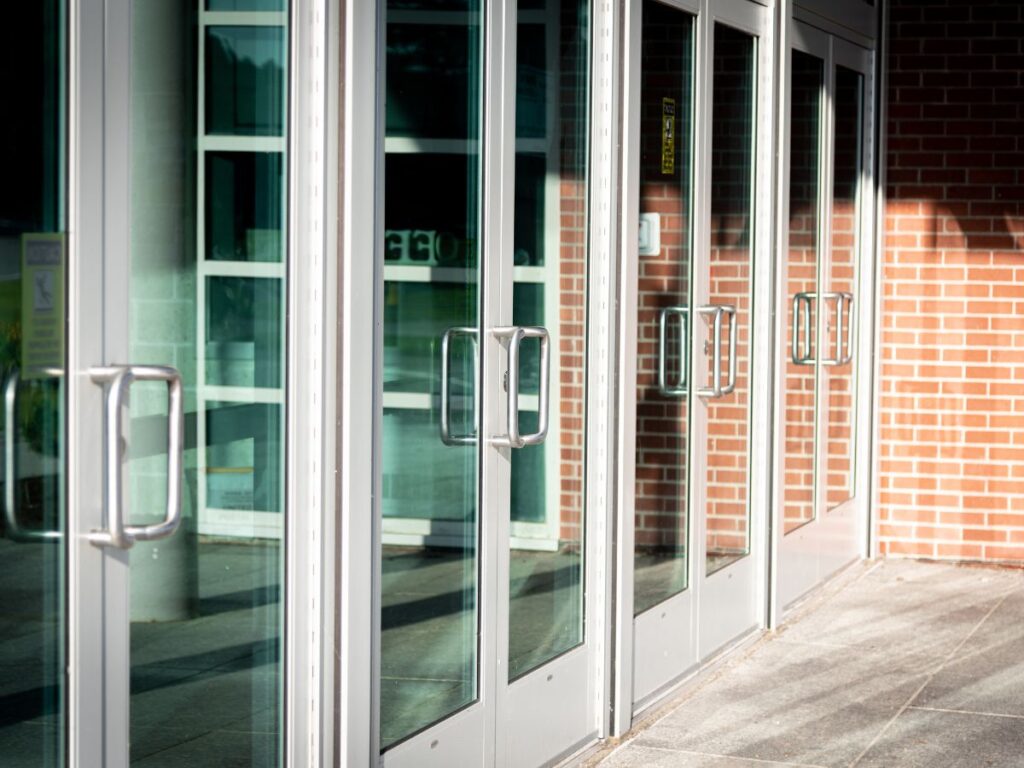
2. Benefits of a Custom Commercial Door
When I think about what makes a business space really stand out, I always notice the little details, and the doors are one of them. A custom commercial door isn’t just a functional necessity; it can transform the way people experience your space. Let’s break down some of the key benefits.
A Perfect Fit for Your Space
One of the biggest advantages of a custom commercial door is that it’s built to fit your exact opening. You don’t have to worry about awkward gaps, drafts, or complicated adjustments. A precise fit also means smoother operation and a longer-lasting door. In my experience, this level of tailoring saves a lot of frustration down the road compared to trying to “make do” with a standard door.
Enhanced Security and Safety
Security is often top of mind for business owners, and a custom door allows you to choose materials and locking systems that match your needs.
Whether it’s reinforced steel for a warehouse or tempered glass with high-quality locks for a storefront, you’re in control of the level of protection. Vallisco’s custom commercial doors can also meet specific fire safety or building code requirements, giving you peace of mind. I’ve seen business owners breathe easier knowing their door was designed with safety in mind from the start.
Improved Energy Efficiency
A well-designed custom door can also make your building more energy efficient. Proper insulation and weather sealing help keep hot or cold air where it belongs, which can cut down on utility bills. It’s one of those hidden benefits you don’t always notice right away, but it pays off over time. I like to think of it as a small investment that continues to save money season after season.
A Professional and Unique Look
Finally, custom doors give you the chance to make a statement. From modern glass finishes to bold wood designs, your entryway can reflect your brand’s personality and style. Customers notice when a space feels well thought out, and your door is the first impression they get. To me, it’s like rolling out a welcome mat that instantly tells visitors they’re in the right place.
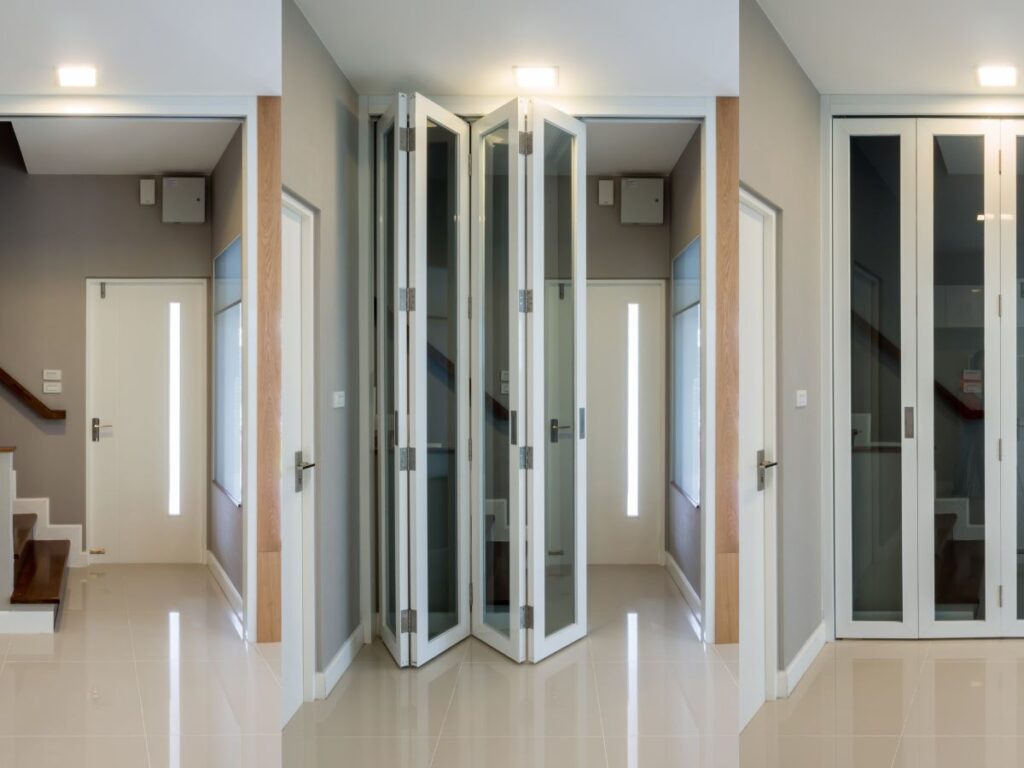
3. Common Types of Custom Commercial Doors
Not all doors are created equal, and when it comes to commercial spaces, each type serves a very different purpose. Over the years, I’ve seen businesses choose doors based on looks alone, only to realize later that function and durability matter just as much.
To help make the choice easier, here’s a breakdown of the most common types of custom commercial doors, their features, and where they work best.
Loading Sheets. Please try again after it’s finished.
4. The Customization Process: What to Expect
If you’ve never ordered a custom commercial door before, the process can feel a bit overwhelming at first. From my own experience, though, it usually follows a simple, step-by-step flow that makes sure you end up with a door that looks great and works exactly as you need it to.
Here’s what you can typically expect along the way.
- Initial Consultation: This is where you sit down with a supplier or designer to talk about your space, needs, and goals. It’s a chance to share your vision and ask questions before any measurements or designs are made.
- Site Measurement and Assessment: A professional will visit your location to take exact measurements and look at the layout. Getting this step right ensures the door will fit perfectly and meet safety or code requirements.
- Design and Material Selection: You’ll get to choose from options like glass, steel, wood, or fiberglass, along with hardware and finishes. This is the fun part where you can match the door to your brand’s look while also considering function.
- Fabrication and Quality Check: Once the design is finalized, the door is built to your specifications. Before delivery, it usually goes through quality inspections to make sure everything works as intended.
- Professional Installation: Finally, experts install the door at your site, making sure it operates smoothly and securely. I’ve found this step makes a huge difference because a well-installed door lasts much longer and saves headaches later.
5. Maintenance Tips for Custom Commercial Doors
One thing I’ve learned over the years is that even the best custom commercial doors need a little care to stay in top shape. Regular maintenance not only extends their lifespan but also ensures they look professional and function smoothly.
Here are some simple but effective tips you can follow to keep your door investment working like new.
Regular Cleaning and Inspection
Keeping your door clean might sound basic, but it goes a long way in preserving its look and function. Dust, dirt, and even fingerprints can build up and wear down finishes over time. Make it a habit to wipe down surfaces with the right cleaning products for the material—glass, wood, steel, or aluminum. While cleaning, take a few moments to inspect for cracks, warping, or other small issues.
Lubrication and Hardware Checks
The moving parts of a door, like hinges, locks, and handles, need attention too. Applying lubricant to hinges and checking that all hardware is tight prevents squeaks and sticking.
Don’t overlook door closers or automatic mechanisms if you have them—they need regular testing to make sure they’re working properly. I always recommend setting a reminder to do this at least once or twice a year. A little bit of routine care keeps everything running smoothly and avoids sudden breakdowns.
Professional Servicing When Needed
Sometimes, maintenance is best left to the pros, especially if your door has advanced security systems, access controls, or specialized materials. Having a technician service the door annually can uncover hidden wear and tear that isn’t obvious to the eye. They can also make sure your door continues to meet fire or safety codes, which is a big relief for business owners.
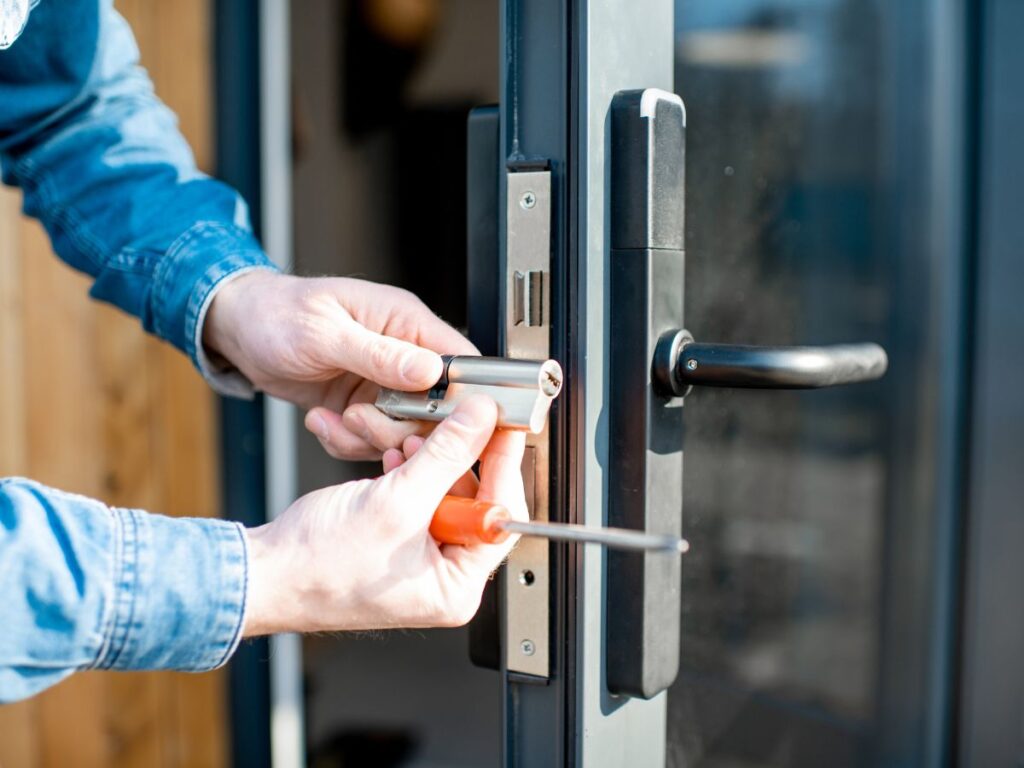
6. Key Considerations When Ordering a Custom Door
Ordering a custom commercial door isn’t just about choosing a design you like; it’s about making a smart investment for your business. From security to compliance, every detail plays a role in long-term value. Here are the main factors you should weigh before placing an order.
Material and Durability
The material you choose will directly impact how long the door lasts and how well it performs in your environment. Steel and fiberglass are great for high-security or heavy-use areas, while glass and wood work better for aesthetics in client-facing spaces. Durability should always align with your business operations. For example, a warehouse needs strength, while a showroom needs visual appeal.
Compliance and Safety Standards
Commercial doors often need to meet fire safety codes, accessibility requirements, and local building regulations. Ignoring this step can lead to costly fines or delays in inspections. Always ask your supplier whether their products are certified to meet industry standards. At Vallisco, compliance isn’t just about ticking boxes, it’s about protecting your employees, customers, and brand reputation.
Security and Access Control
Every business has unique security needs, and your door should reflect that. Reinforced materials, advanced locking systems, and integration with access control technology can all be built into a custom design. If your business handles sensitive materials or operates after-hours, investing in higher-level security is worth every penny. It’s always better to plan security upfront than to retrofit later.
Aesthetics and Brand Alignment
While safety and function come first, don’t underestimate the role of design. Your door is often the first impression customers get, and it should reflect your brand’s professionalism and style. Whether you want a sleek glass entryway or a bold wood statement piece, the design should feel consistent with your company’s image.
Conclusion
We started with a story of a warped aluminum door, and it’s a reminder that the wrong choice costs more in the long run. The right custom commercial door solves problems before they happen.
From materials to safety codes, every detail matters, and now you know what to look for. This guide was designed to give you clarity and confidence when making your choice.
The next step is simple, work with a manufacturer who knows how to get it right.
Vallisco is here to guide you through the process from start to finish. Contact us today to get started.
Learn More: Recommended Reads
Want to see more products? We’ve got plenty of options that might just be the perfect fit for you:
Still haven’t found what you’re looking for? Don’t hesitate to contact us. We’re available around the clock to assist you.


